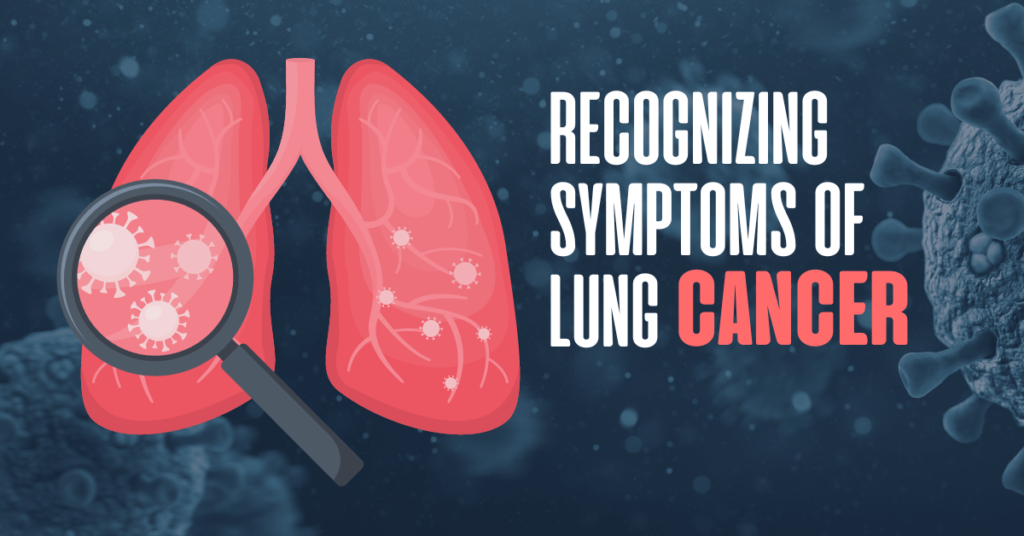Recognizing the Symptoms of Lung Cancer
When it comes to lung cancer, early detection is key to improving outcomes and increasing the chances of successful treatment. Understanding the symptoms of lung cancer can help individuals recognize potential warning signs and seek medical attention promptly. While it is important to note that these symptoms can also be caused by other conditions, it is crucial not to ignore persistent or worsening symptoms and to consult with a healthcare professional for an accurate diagnosis.
1. Persistent Cough
A chronic cough that lingers for several weeks or months is one of the most common symptoms of lung cancer. This cough may be persistent and worsen over time. It is important to pay attention to the nature of the cough, such as whether it is accompanied by blood, phlegm, or a change in sound or intensity.
2. Shortness of Breath
Experiencing shortness of breath or difficulty breathing, especially during routine activities, can be a sign of lung cancer. This symptom may occur due to a blockage or narrowing of the airways caused by the tumor.
3. Chest Pain
Unexplained chest pain or discomfort can be indicative of lung cancer. The pain may be sharp, dull, or persistent and can occur in the chest, shoulders, or back. It is essential to seek medical attention if chest pain is persistent or severe.
4. Fatigue and Weakness
Feeling excessively tired or experiencing unexplained weakness can be a symptom of lung cancer. Cancer cells can divert the body’s energy resources, leading to fatigue and a general feeling of weakness.
5. Unexplained Weight Loss
Sudden and unexplained weight loss can be a cause for concern, as it may indicate an underlying health issue, including lung cancer. If you notice a significant and unintentional weight loss without changes in diet or exercise, it is important to consult with a healthcare professional.
6. Hoarseness
A persistent hoarseness or a change in the voice that lasts for an extended period can be a symptom of lung cancer. Tumors in the lungs can affect the vocal cords, leading to changes in voice quality.
7. Frequent Infections
Repeated respiratory infections, such as bronchitis or pneumonia, can be a sign of an underlying lung condition, including lung cancer. If you find yourself experiencing frequent infections, it is advisable to seek medical evaluation.
8. Bone Pain
Lung cancer can spread to other parts of the body, including the bones. If you experience persistent bone pain, especially in the back, hips, or chest, it is crucial to consult with a healthcare professional to determine the cause.
9. Headaches
While headaches are a common ailment, persistent and severe headaches that do not respond to usual treatments can be a symptom of lung cancer. If you experience persistent headaches, it is important to discuss them with a healthcare professional.
10. Clubbing of Fingers
Clubbing refers to the enlargement and rounding of the fingertips and nails. It can be a sign of various underlying conditions, including lung cancer. If you notice this physical change in your fingers, it is advisable to seek medical evaluation.
Remember, while these symptoms can be associated with lung cancer, they can also be caused by other less severe conditions. However, it is always better to be safe than sorry. If you experience any of these symptoms and they persist or worsen over time, it is important to consult with a healthcare professional for a proper diagnosis and appropriate treatment.

